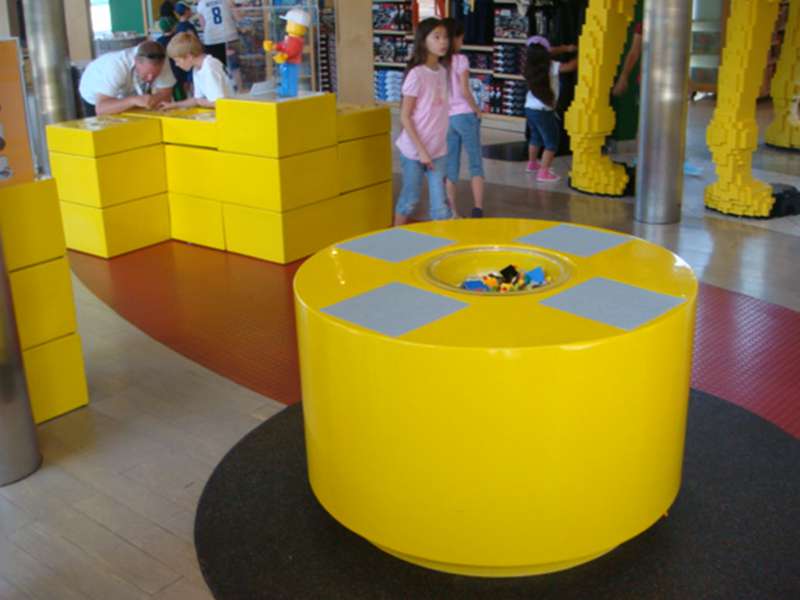
-
 Afrikaans
Afrikaans -
 Albanian
Albanian -
 Amharic
Amharic -
 Arabic
Arabic -
 Armenian
Armenian -
 Azerbaijani
Azerbaijani -
 Basque
Basque -
 Belarusian
Belarusian -
 Bengali
Bengali -
 Bosnian
Bosnian -
 Bulgarian
Bulgarian -
 Catalan
Catalan -
 Cebuano
Cebuano -
 China
China -
 China (Taiwan)
China (Taiwan) -
 Corsican
Corsican -
 Croatian
Croatian -
 Czech
Czech -
 Danish
Danish -
 Dutch
Dutch -
 English
English -
 Esperanto
Esperanto -
 Estonian
Estonian -
 Finnish
Finnish -
 French
French -
 Frisian
Frisian -
 Galician
Galician -
 Georgian
Georgian -
 German
German -
 Greek
Greek -
 Gujarati
Gujarati -
 Haitian Creole
Haitian Creole -
 hausa
hausa -
 hawaiian
hawaiian -
 Hebrew
Hebrew -
 Hindi
Hindi -
 Miao
Miao -
 Hungarian
Hungarian -
 Icelandic
Icelandic -
 igbo
igbo -
 Indonesian
Indonesian -
 irish
irish -
 Italian
Italian -
 Japanese
Japanese -
 Javanese
Javanese -
 Kannada
Kannada -
 kazakh
kazakh -
 Khmer
Khmer -
 Rwandese
Rwandese -
 Korean
Korean -
 Kurdish
Kurdish -
 Kyrgyz
Kyrgyz -
 Lao
Lao -
 Latin
Latin -
 Latvian
Latvian -
 Lithuanian
Lithuanian -
 Luxembourgish
Luxembourgish -
 Macedonian
Macedonian -
 Malgashi
Malgashi -
 Malay
Malay -
 Malayalam
Malayalam -
 Maltese
Maltese -
 Maori
Maori -
 Marathi
Marathi -
 Mongolian
Mongolian -
 Myanmar
Myanmar -
 Nepali
Nepali -
 Norwegian
Norwegian -
 Norwegian
Norwegian -
 Occitan
Occitan -
 Pashto
Pashto -
 Persian
Persian -
 Polish
Polish -
 Portuguese
Portuguese -
 Punjabi
Punjabi -
 Romanian
Romanian -
 Russian
Russian -
 Samoan
Samoan -
 Scottish Gaelic
Scottish Gaelic -
 Serbian
Serbian -
 Sesotho
Sesotho -
 Shona
Shona -
 Sindhi
Sindhi -
 Sinhala
Sinhala -
 Slovak
Slovak -
 Slovenian
Slovenian -
 Somali
Somali -
 Spanish
Spanish -
 Sundanese
Sundanese -
 Swahili
Swahili -
 Swedish
Swedish -
 Tagalog
Tagalog -
 Tajik
Tajik -
 Tamil
Tamil -
 Tatar
Tatar -
 Telugu
Telugu -
 Thai
Thai -
 Turkish
Turkish -
 Turkmen
Turkmen -
 Ukrainian
Ukrainian -
 Urdu
Urdu -
 Uighur
Uighur -
 Uzbek
Uzbek -
 Vietnamese
Vietnamese -
 Welsh
Welsh -
 Bantu
Bantu -
 Yiddish
Yiddish -
 Yoruba
Yoruba -
 Zulu
Zulu
fiberglass stack
The Versatility and Benefits of Fiberglass Stacks
Fiberglass stacks have become an indispensable component in various industrial applications, known for their durability, lightweight nature, and resistance to corrosion. Typically used in industries such as chemical processing, power generation, and wastewater treatment, these stacks serve as crucial components for the efficient dispersal of emissions.
Durability and Corrosion Resistance
One of the most significant advantages of fiberglass stacks is their outstanding resistance to corrosion. Unlike traditional materials like steel or aluminum, fiberglass does not rust or corrode when exposed to harsh chemicals or environmental conditions. This characteristic allows fiberglass stacks to maintain their structural integrity over time, reducing the need for frequent maintenance and replacements. This durability extends the life of the stack and ensures that it can withstand the rigors of various industrial processes.
Lightweight Construction
Another key feature of fiberglass stacks is their lightweight construction. Weighing significantly less than metal alternatives, these stacks are easier to transport and install. This reduced weight can lead to lower shipping costs and simplified handling on the job site, resulting in shorter installation times and reduced labor costs. Moreover, the lightweight nature of fiberglass stacks can also ease the load on structural supports, allowing for more flexibility in design and construction.
Thermal Insulation Properties
fiberglass stack

Fiberglass is an excellent insulator due to its structure, which can help in maintaining efficient operations within industrial settings. The thermal insulation properties of fiberglass stacks help to reduce heat loss during the emission process. This not only optimizes energy use but also contributes to environmental protection by ensuring that emissions are maintained at controlled temperatures, which can help in effective dispersion and compliance with regulations.
Customizability
Fiberglass stacks can be tailored to meet specific industry needs. They can be manufactured in various sizes, diameters, and heights to accommodate different emissions systems and operational requirements. This level of customizability allows industries to achieve optimal performance while adhering to strict regulatory standards regarding emissions. Whether it's a small facility or a large industrial complex, fiberglass stacks can be designed to fit their unique operational criteria.
Environmentally Friendly Solutions
Lastly, choosing fiberglass stacks contributes to more environmentally friendly industrial practices. Their longevity and reduced need for maintenance translate into lower resource consumption over time. Furthermore, many fiberglass materials are designed to be recyclable, aligning with the increasing emphasis on sustainability in modern manufacturing.
Conclusion
In summary, fiberglass stacks present a multitude of benefits that make them a compelling choice for industries focused on efficiency, durability, and sustainability. With their resistance to corrosion, lightweight design, excellent thermal insulation, and customizability, they stand out as a reliable solution for effective emissions management. As industries continue to evolve and face new environmental challenges, the adoption of fiberglass stacks represents a step toward more sustainable and efficient industrial practices.









